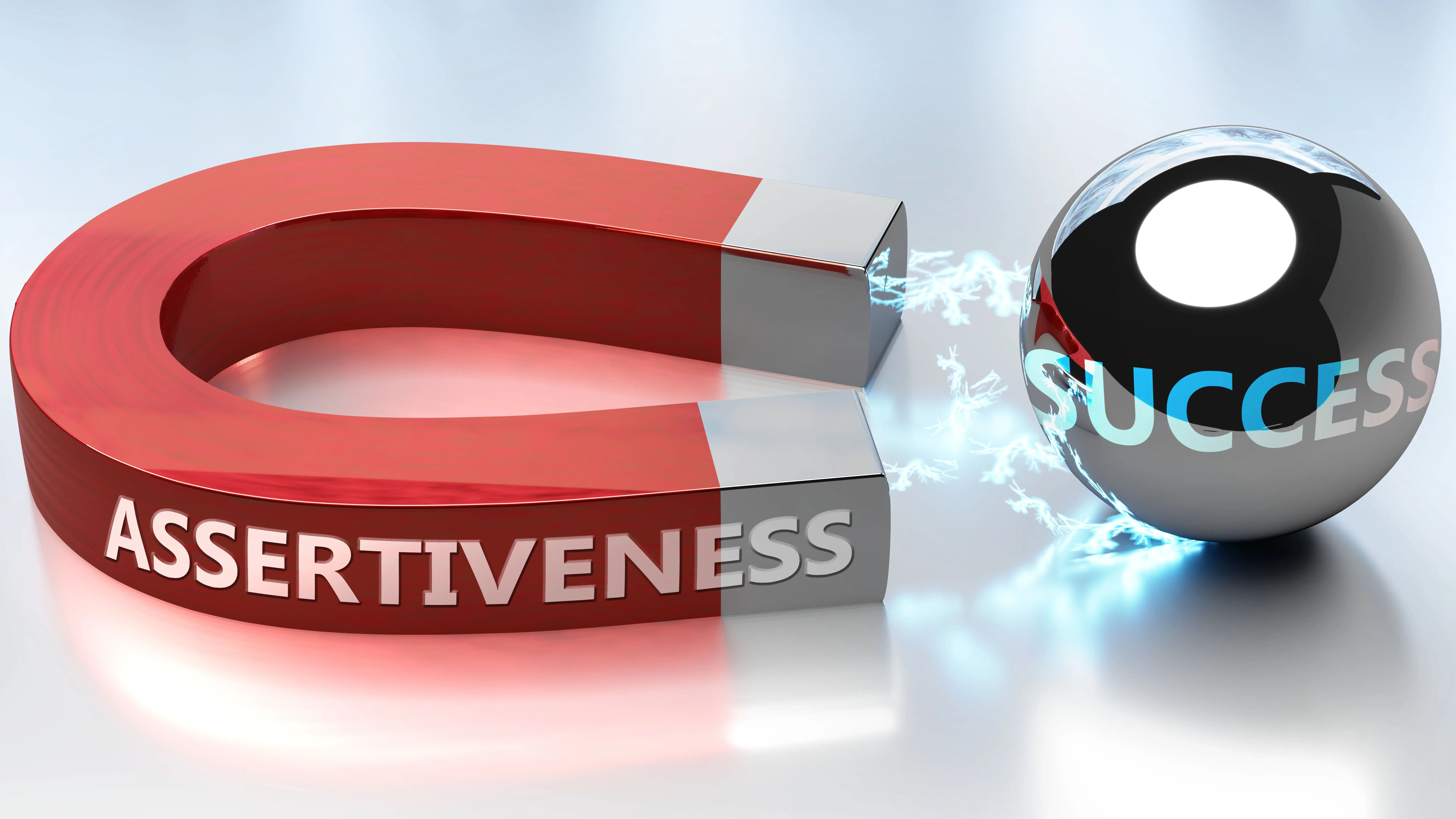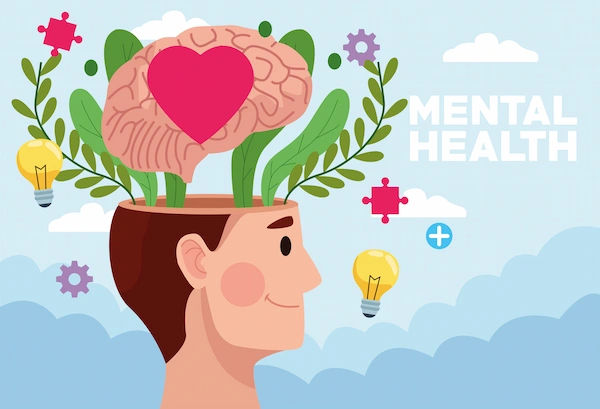Guide to Dealing with Road Rage and Finding Calm on the Road
Learn how to deal with road rage and stay calm on the road. Discover effective strategies, stress-management tips, and long-term solutions for safer driving.

Written by Dr. Mohammed Kamran
Reviewed by Dr. Rohinipriyanka Pondugula MBBS
Last updated on 13th Jan, 2026

Introduction
The commute. For many, it's a daily source of frustration. A sudden lane change, a slow driver in the fast lane, or an unexpected traffic jam can transform a calm individual into a seething ball of anger behind the wheel. This intense, often dangerous, emotional response is known as road rage. Learning how to deal with road rage—whether it's your own or someone else's—is a critical skill for modern drivers. It’s not just about avoiding a shouting match; it's about ensuring your safety and the safety of everyone on the road. This comprehensive guide will help you understand the roots of this aggression, provide immediate tools to deal with volatile situations, and offer long-term strategies to cultivate patience and reclaim your peace during your drive. Let's navigate the path to calmer commuting together.
What Exactly is Road Rage? More Than Just Anger
Road rage is more than just muttering at a bad driver. It's defined as aggressive or violent behaviour stemming from a driver's uncontrolled anger at the actions of another motorist. It moves beyond frustration into a territory that can involve yelling, obscene gestures, dangerous driving maneuvers intended to intimidate, physical threats, and even vehicular assault. The American Psychological Association (APA) highlights that stress, environmental factors like traffic and anonymity, and personal tendencies can all converge to create a perfect storm for rage on the road.
Road Rage vs. Aggressive Driving: Knowing the Difference
While often used interchangeably, there's a key distinction. Aggressive driving is a traffic offense—it's the dangerous behaviour itself, such as tailgating, speeding, or running red lights. Road rage, however, is a criminal offense. It's what happens when aggressive driving escalates into an intentional act of violence or confrontation. Understanding this difference is the first step in recognising the seriousness of the issue.
The Psychology Behind the Wheel: Why We Get So Angry
The car creates a unique psychological environment. Psychologists often refer to it as a "mobile territory" that we fiercely defend. The anonymity of being inside a metal box, combined with the inability to communicate effectively (e.g., no facial expressions, just horns and lights), leads to dehumanisation of other drivers. They become obstacles, not people. Furthermore, driving often involves high stakes (safety, time pressure) and low control (over traffic, other drivers' actions), a recipe for frustration and anger. For some, the car becomes an outlet for pent-up stress from other areas of life.
Consult a Psychologist for the best advice
Immediate Strategies: How to Calm Down in the Heat of the Moment
When emotions flare, having a pre-planned set of responses can prevent a situation from escalating into a dangerous road rage incident.
If You're the One Feeling Enraged: Your On-the-Spot Toolkit
1. Breathe Deeply: It sounds simple, but deep, diaphragmatic breathing triggers the body's relaxation response, counteracting the fight-or-flight mode. Inhale for four counts, hold for four, exhale for six.
2. Listen to Calming Music: Switch from aggressive talk radio or high-tempo music to something soothing like classical, jazz, or a calming podcast. Audio can significantly alter your emotional state.
3. Give Yourself Space: Literally and figuratively. Slow down slightly to create a buffer between you and the car that triggered you. If needed, safely exit the highway or pull into a parking lot for a few minutes to collect yourself.
4. Avoid Eye Contact: If another angry driver is trying to engage you, do not make eye contact. This is often seen as a challenge and can escalate the situation.
5. Reframe the Situation: Instead of thinking, "That jerk cut me off on purpose!", try a more neutral thought: "Maybe that driver didn't see me, or they're having a medical emergency." You don't know their story, and assuming malice only fuels your anger.
If You're the Target of an Aggressive Driver: De-escalation 101
Your primary goal is safety, not winning an argument.
• Do Not Respond: Do not retaliate with gestures, yelling, or horn-honking. Any response can be seen as an invitation to conflict.
• Create Distance: Slow down, change lanes, or even take a wrong turn to let them pass and get away from you. Do not pull over or stop if they are following you.
• If Followed: Do not drive home. Drive to the nearest police station, fire station, or a crowded, well-lit public area like a shopping center. Use your phone to call 911 and report an aggressive driver who is following you. Provide your location, the make/model/license plate of the other vehicle, and a description of the driver.
Long-Term Solutions: Retraining Your Brain for Calmer Commutes
Managing road rage isn't just about in-the-moment tricks; it's about building resilience.
Cognitive Behavioural Techniques for Drivers
Cognitive behavioural therapy (CBT) principles can be highly effective. This involves identifying your "trigger thoughts" (e.g., "Everyone is so stupid!") and consciously challenging and reframing them (e.g., "I can only control my own car. I will focus on getting to my destination safely"). This anger management technique, practiced over time, can rewire your automatic responses to driving stressors.
Lifestyle Adjustments to Reduce Overall Stress
A person who is generally stressed is more likely to snap behind the wheel.
• Leave Earlier: The single biggest source of driving stress is time pressure. Leaving 10-15 minutes earlier can completely change your mental state, transforming traffic from an emergency into a minor inconvenience.
• Practice General Self-Care: Regular exercise, adequate sleep, and healthy eating all contribute to a more stable mood and a higher frustration tolerance.
• Consider Your Route: If a particular road or highway consistently makes you angry, is there an alternative, even if it's slightly longer? A scenic, less-congested route can be better for your mental health.
When Road Rage Becomes a Serious Problem: Recognising the Red Flags
It's important to be self-aware. If you consistently experience the following, it may be time to seek professional help:
• Frequent thoughts of violence or revenge against other drivers.
• Regularly losing track of what happened during a fit of anger while driving.
• Friends or family expressing concern about your behaviour on the road.
• Having close calls or accidents due to your own aggressive driving.
• Feeling unable to control your impulses while driving.
If you find that your anger on the road is frequent, intense, and impacting your life or safety, it may be a sign of a deeper issue like intermittent explosive disorder (IED) or chronic stress. Consulting a therapist or a doctor online with Apollo24|7 can provide a professional evaluation and a path toward effective management strategies, such as therapy or counseling, to address the root causes of your anger.
Conclusion
Learning to deal with road rage is an essential component of modern driving and personal well-being. It's about moving from a reactive state of anger to a proactive state of calm control. By understanding the psychology at play, arming yourself with immediate de-escalation techniques, and committing to long-term stress management, you can transform your daily commute from a battlefield into a space of relative peace. Remember, you cannot control the traffic, the other drivers, or the construction delays. But you can always control your reaction. The goal isn't to win the road; it's to arrive safely and with your peace of mind intact. Make the choice today to be part of the solution to road rage.
Consult a Psychologist for the best advice
Consult a Psychologist for the best advice

Ms Rajashree Navthale
Psychotherapy & Counselling (ASM)
8 Years • MA in Counselling & Psychotherapy, PG Diploma in Counselling & Psychotherapy.
Akola
Connect Counselor, Akola

Miss. Vaishnavi Sankeshwar
Psychologist
5 Years • Msc Clinical Psychology
Bengaluru
Apollo Clinic, JP nagar, Bengaluru

Ms. Monalisa Kha Bhaduri
Psychologist
12 Years • MA Psychology
Kolkata
Ms Monalisa Kha Bhaduri's Clinic, Kolkata
(250+ Patients)

Ms. Gunjan Arya
Psychologist
4 Years • MA Psychology
Delhi
Psych Therapy By Gunjan Arya, Delhi

Ms. Sapna Zarwal
Psychologist
20 Years • Msc (Applied Psychology), Ph D ( Special Education)
Gurugram
SOOTHING ZEN, Gurugram
(25+ Patients)
Consult a Psychologist for the best advice

Ms Rajashree Navthale
Psychotherapy & Counselling (ASM)
8 Years • MA in Counselling & Psychotherapy, PG Diploma in Counselling & Psychotherapy.
Akola
Connect Counselor, Akola

Miss. Vaishnavi Sankeshwar
Psychologist
5 Years • Msc Clinical Psychology
Bengaluru
Apollo Clinic, JP nagar, Bengaluru

Ms. Monalisa Kha Bhaduri
Psychologist
12 Years • MA Psychology
Kolkata
Ms Monalisa Kha Bhaduri's Clinic, Kolkata
(250+ Patients)

Ms. Gunjan Arya
Psychologist
4 Years • MA Psychology
Delhi
Psych Therapy By Gunjan Arya, Delhi

Ms. Sapna Zarwal
Psychologist
20 Years • Msc (Applied Psychology), Ph D ( Special Education)
Gurugram
SOOTHING ZEN, Gurugram
(25+ Patients)
More articles from Mental Health
Frequently Asked Questions
1. What is the best thing to do if someone is road raging at me?
The absolute best thing to do is to de-escalate by not responding. Avoid eye contact, do not gesture or yell back, and safely create as much distance between you and the aggressive driver as possible. If they follow you, drive to a public place or a police station and call 911.
2. Can road rage be considered a mental disorder?
While road rage itself is not a distinct mental disorder, it can be a symptom of underlying conditions such as intermittent explosive disorder (IED), chronic stress, anxiety, or unchecked anger issues.
3. How can I stop getting angry at slow drivers?
Reframe the situation. Tell yourself, 'This person is driving at a speed they are comfortable with, and I will pass them safely when I get the chance.' Use it as an exercise in patience. Remember, your arrival time is unlikely to be significantly affected by one slow driver.
4. Are some people more prone to road rage?
Yes. Individuals with generally low frustration tolerance, high levels of life stress, Type A personalities, or those who view driving as a competitive activity are more susceptible to experiencing road rage.
5. What are the legal consequences of road rage?
Road rage can lead to serious charges far beyond a traffic ticket, including assault, reckless endangerment, criminal mischief, and even attempted murder, depending on the actions taken. It can result in heavy fines, license suspension, and imprisonment.




